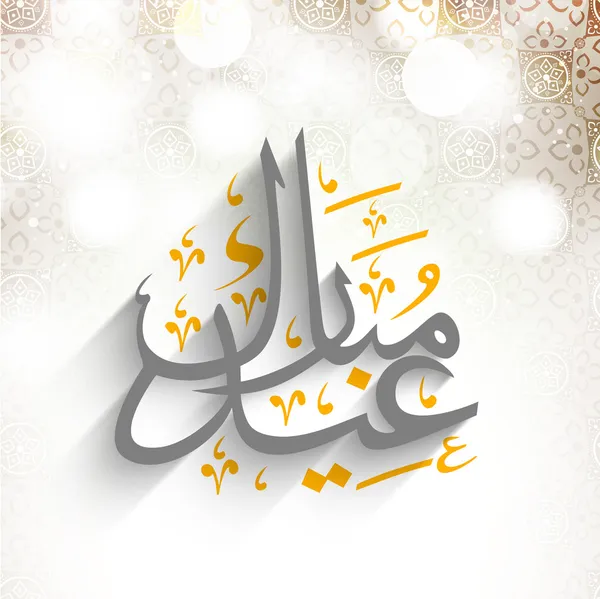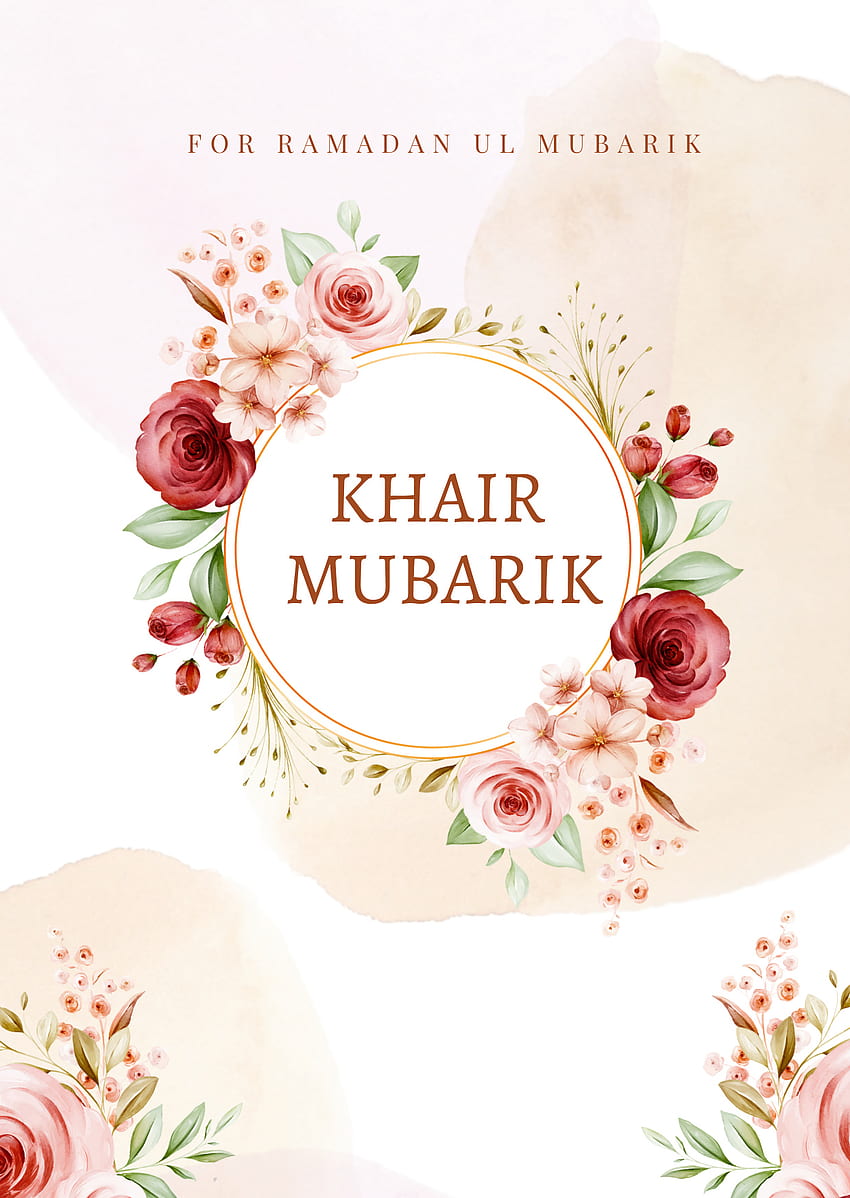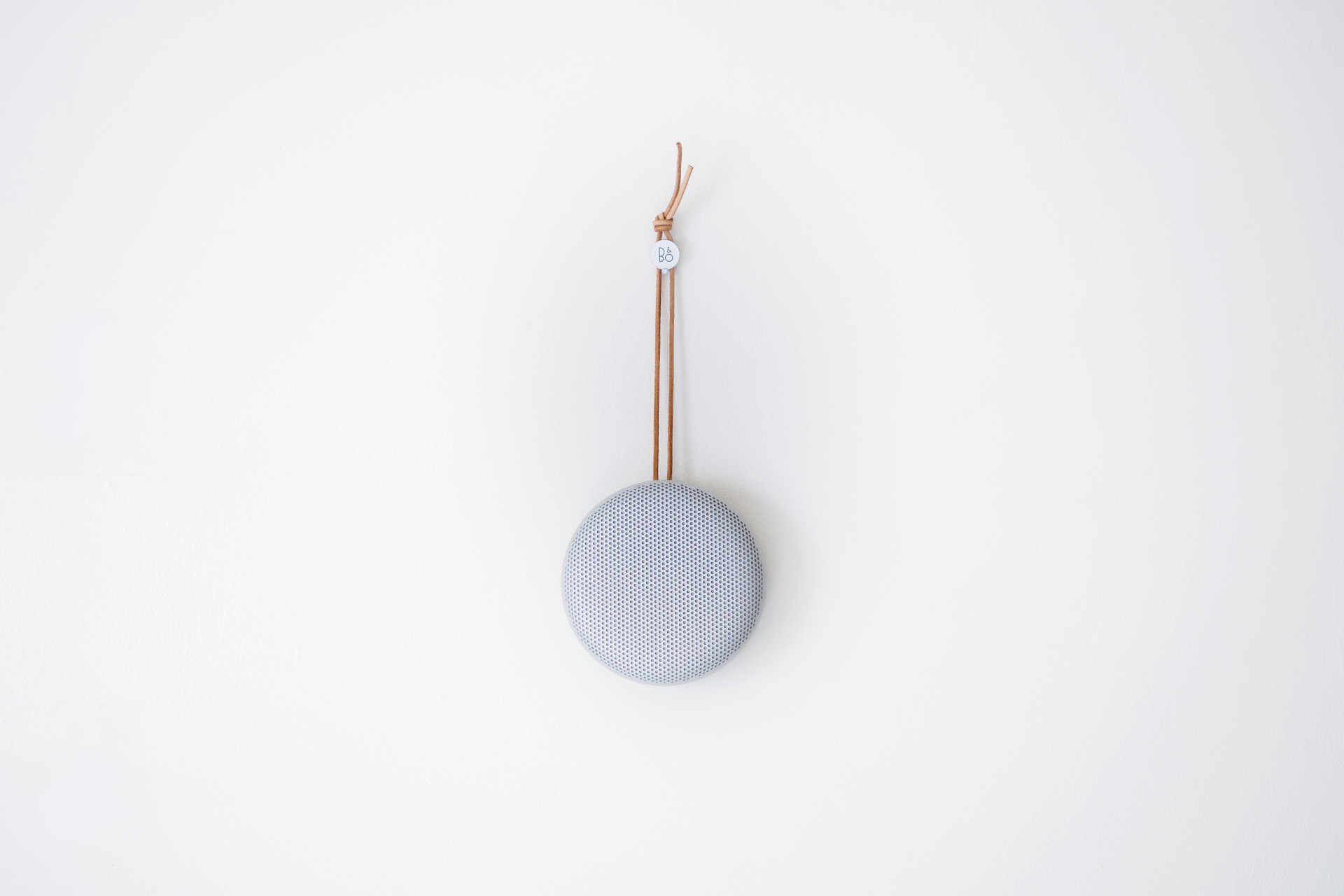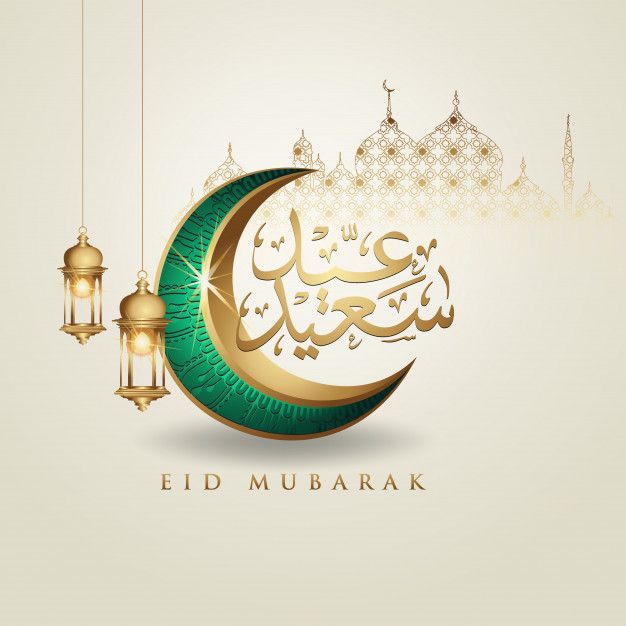| 1. | Introduction |
| 2. | Understanding Khair Mubarak
|
| 3. | Significance of Khair Mubarak
|
| 4. | How To Use Khair Mubarak
|
| 5. | Khair Mubarak in Different Cultures
|
| 6. | FAQs: Frequently Asked Questions |
| 7. | Conclusion |
1. Introduction
Hey there! I’m Mikhail, and I’m excited to welcome you to another engaging blog post here on mikhailsoftapps.com. Today, we’re diving into the meaning and significance of a lesser-known but deeply meaningful phrase: “Khair Mubarak.” Whether you’ve heard this phrase in passing or are just curious to learn more, this post will offer you a comprehensive understanding of its roots, significance, and usage.
2. Understanding Khair Mubarak
a. Linguistic Roots
“Khair Mubarak” is an Arabic phrase that combines two powerful words. “Khair” translates to “good” or “blessings,” and “Mubarak” means “blessed” or “congratulations.” When put together, “Khair Mubarak” can be understood as “May your goodness be blessed” or “Blessings upon your good deeds.”
b. Cultural and Social Context
While “Khair Mubarak” is not as commonly known as “Eid Mubarak,” it holds significant cultural and social weight. It is often used in the context of well-wishing and expressing positive intentions. This phrase is a beautiful way to convey heartfelt blessings and good wishes, often in response to someone wishing you well.

3. The Significance of Khair Mubarak
a. Spiritual Meaning
In a spiritual sense, “Khair Mubarak” goes beyond a simple greeting. It embodies a prayer and a blessing, expressing a hope that the recipient’s good deeds and intentions are recognized and blessed by the divine. It reflects a sense of community and mutual goodwill, reinforcing the bonds of faith and spirituality among individuals.
b. Social Impact
Socially, “Khair Mubarak” plays a role in fostering positive relationships and a sense of solidarity. By using this phrase, individuals can strengthen their connections with others, expressing sincere appreciation and goodwill. It’s a way to spread positivity and reinforce the values of kindness and mutual respect.
4. How To Use Khair Mubarak?
a. Appropriate Occasions
“Khair Mubarak” is typically used in response to someone offering a blessing or a good wish. For example, if someone says “Eid Mubarak” or extends congratulations on a significant occasion, responding with “Khair Mubarak” is appropriate. It’s a way of reciprocating the goodwill and blessings.
b. Responses and Etiquette
When someone says “Khair Mubarak” to you, an appropriate response is simply to say “Thank you” or “Ameen,” which means “Amen” or “May it be so.” This acknowledges the blessing and returns the sentiment.
5. Khair Mubarak in Different Cultures
a. Variation in Expression
The phrase “Khair Mubarak” can be expressed differently across various cultures and languages. While the essence remains the same, local dialects and linguistic nuances can influence how the phrase is used. For example, in South Asia, it might be more common to hear variations that reflect local linguistic practices while maintaining the core meaning of blessings and goodwill.
b. Global Usage
Though primarily used in Muslim-majority countries, the phrase “Khair Mubarak” can be found in diverse cultural contexts around the world. In regions with significant Muslim populations, you may encounter this phrase during religious festivals, family gatherings, and community events.
6. FAQs - Frequently Asked Questions
Q. What does “Khair Mubarak” mean?
A. “Khair Mubarak” translates to “May your goodness be blessed” or “Blessings upon your good deeds.” It combines the words “Khair” (goodness) and “Mubarak” (blessed) to convey a sincere wish for blessings and positivity.
Q. When should I use “Khair Mubarak”?
A. You should use “Khair Mubarak” in response to someone offering a blessing, congratulations, or good wishes. It’s commonly used during religious festivals, celebrations, and special occasions to reciprocate the goodwill.
Q. What is the appropriate response to “Khair Mubarak”?
A. An appropriate response to “Khair Mubarak” is to say “Thank you” or “Ameen,” acknowledging the blessing and returning the sentiment.
Q. Is “Khair Mubarak” used in all Muslim cultures?
A. While “Khair Mubarak” is understood and used in many Muslim cultures, its prevalence and exact usage can vary. Some regions might have other traditional phrases or variations that convey similar meanings of blessing and goodwill.
Q. Can non-Muslims use the phrase “Khair Mubarak”?
A. Yes, non-Muslims can use the phrase “Khair Mubarak” to extend blessings and goodwill to their Muslim friends and acquaintances. It’s a respectful way to participate in the cultural and religious practices of the Muslim community.
7. Conclusion
And there you have it, a detailed exploration of the phrase “Khair Mubarak” and its significance. I hope this post has enriched your understanding of this beautiful expression and how it fosters goodwill and blessings in social and spiritual contexts.
As always, your curiosity and engagement are what make this journey so rewarding. If you have any more questions or topics you’d like to delve into, don’t hesitate to reach out. Your feedback and ideas are the sparks that inspire me to create more valuable content.




